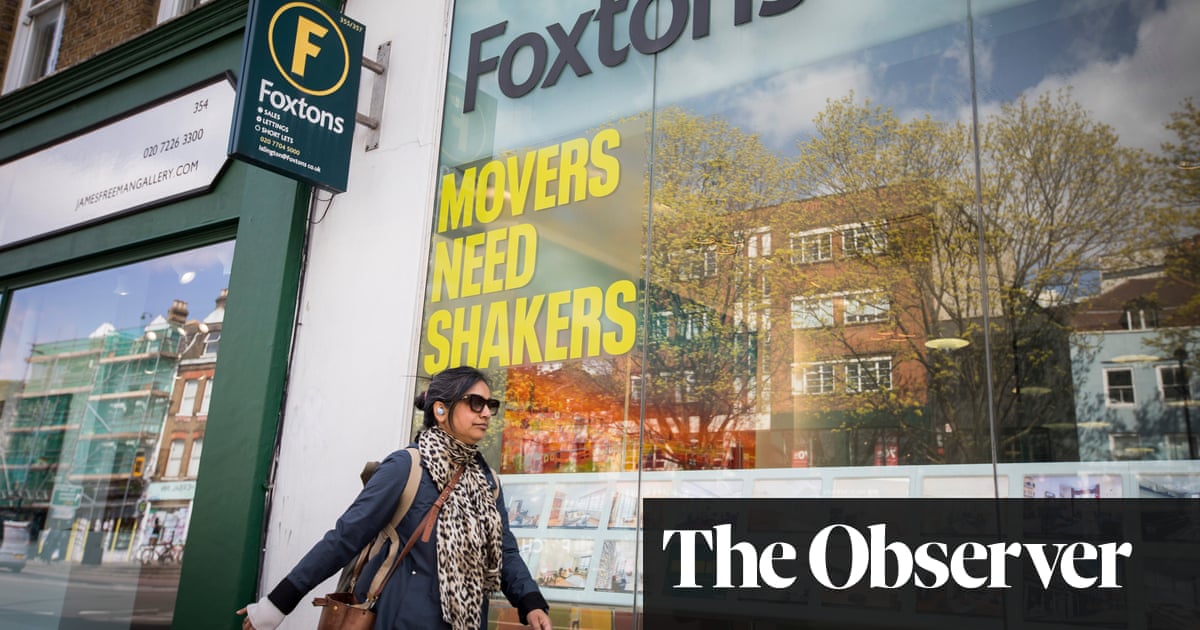
Five of Britain’s leading business groups have demanded urgent and decisive government help to tackle the UK’s energy crisis, warning failure to act will result in lower investment, an increase in poverty and the risk of an inflationary spiral.
In a letter to Rishi Sunak, the heads of the CBI, the British Chambers of Commerce, the Institute of Directors, Make UK and the Federation of Small Businesses said “rocketing” domestic and business bills would put the brake on economic recovery.
“As a collection of business groups, we are writing to ask you to act urgently and decisively to support consumers with spiralling bills and help business manage inflated costs over the medium term,” the letter said.
Sunak and the business secretary, Kwasi Kwarteng, have been working on possible measures to soften the impact of an expected rise in energy bills of nearly 50% – amounting to £600 a year for the average household – when the price cap is lifted in April.
Ofgem, the energy regulator, will announce the new price cap early next month, and Kwarteng said Sunak would use his spring statement on 23 March to outline a support package.
In a reflection of the growing concern felt by companies of all sizes, the five business groups stressed the likely damage to household budgets if the government failed to act.
They noted a rise in the average household energy bill to £2,000 a year would alone add 1-2 percentage points to the annual inflation rate – already at a 30-year-high of 5.4% – and force a further 2 million people into fuel poverty.
“It will hurt low-income households most acutely, but these cost increases will have knock on impacts throughout the economy,” the letter said. “We therefore urge [the] government to take action to mitigate rising domestic bills and support the most vulnerable.”
The letter said businesses had also been affected by steep rises in their energy bills, with further increases looming as fixed tariff contracts came to an end.
“The scale of the crisis has left companies with little protection while they face dealing with soaring wage, shipping and tax costs. Small and medium-sized businesses are the most at risk. Many companies will be left with little other choice than to pass costs on to their customers, adding further inflationary pressure,” the groups said.
Along with other countries, Britain has been affected by an increase in the global wholesale price of gas, in part triggered by higher demand as countries have emerged from the pandemic.
The business groups said, however, the UK was facing a medium-term crisis rather than a short-term seasonal one.
“To strengthen the UK energy system for the future, businesses support a regulatory approach that builds resilience in the domestic supplier base, drives competitiveness of UK industry and incentivises investment in the green economy,” they said.
“Reducing energy demand with an ambitious programme for residential and business energy efficiency must be a core part of this strategy.”
A government spokesperson said: “We understand the pressures people are facing with the cost of living and are providing support worth around £12bn over two years to help families.
“Support is being targeted towards the lowest paid, and we are specifically helping households with their energy bills. In addition, the energy price cap is currently insulating millions of consumers from high global gas prices and we’ll continue to listen to consumers and businesses on how to manage the costs of energy.”












